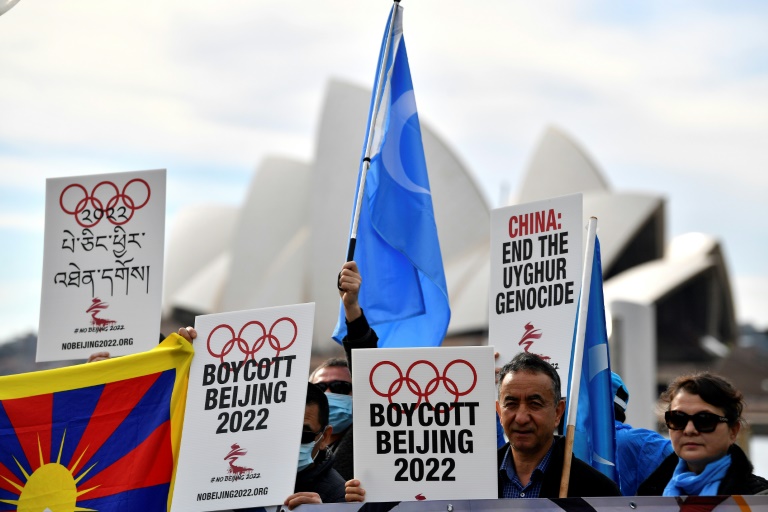China’s inherent nature of abusing human rights and creating a wedge between communities has always strained a few global eyeballs. Furthermore, the concern over human rights has further coupled with the pandemic outbreak around the world. In consequence of such a huge uproar, Beijing Olympics 2022 has faced a considerable backlash.
The Winter Olympics 2022 has been hit by a flurry of diplomatic boycotts from countries including the US, Australia, and Britain because of the recent allegations of Chinese atrocities against the Uyghur community. Global Human Rights societies and Western governments have accused China of genocide in the Xinjiang region. However, China has always adopted a rather defensive and protectionist outlook against these widespread allegations contending that it basically is a network of detention camps for ‘re-education’ of the Uyghurs and other Muslims. Furthermore, the situation with respect to the ongoing crackdown on political freedoms and pro-democracy protesters in Hongkong has also strained global relations. Recent instances were a tennis player Peng Shuai, who disappeared from public view after she accused a top government official of sexual assault. The Chinese authorities have criticized ‘malicious speculation’ over her case but the case remains a global concern.
As a result, few of the Western governments have recused themselves from sending their diplomats and marking their representation. This step is seen as an easy way to irk the authorities while a much more contentious step of preventing athletes from participating would have caused a greater degree of hue and cry. A similar case of diplomats’ recusal was witnessed three years ago during the Russian Football World Cup where some European countries, including Britain, announced diplomatic boycotts after the Salisbury Novichok poisoning. The reason behind the recusal from sending these national diplomats to China is because if the governments around the world send their representatives, then the action would be construed as tacit approval of the alleged actions of the Chinese government.
The boycott is chiefly headed by the US. China, however, has accused the US of using an event as graceful and serious as the Olympics to bake their own political cake. While China has promised a safe and respectful environment, the current boycott is unlikely to have caused serious disturbance as countries like Italy and France have declined to join the boycott.
The domestic population of Tibetan, Uyghur, Southern Mongolia, Hong Kong, and Taiwan have welcomed the diplomatic boycotts, a large number of campaigners feel that the protests do not appear to be scaling at a magnanimous level. The campaigners believe that the athletes with their huge corporate sponsors and major broadcasters of the event should collectively embrace this boycott and participate in it as well as a show of support, sympathy, and solidarity to the oppressed. The absence of sports stars from the Olympics would do more to raise awareness of the violations that China is accused of. While some attest to the non-participation of the athletes, others find it illogical to ask innocent athletes to recuse their names from an event for which they have trained and prepared rigorously.

